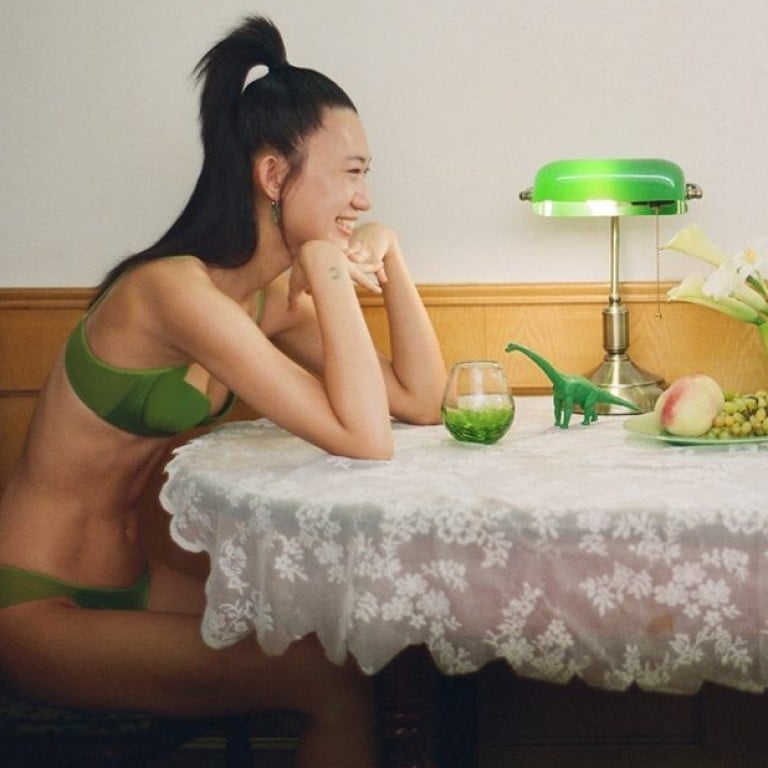Ubras outsold Uniqlo at last year’s Singles’ Day and Victoria’s Secret push-ups are losing out to comfy, label-free underwear: how young Chinese brands are winning the bra wars

China’s relatively new digital bra labels, including Bananain, Ubras are Livary Mio, are raising millions in investment capital – and quickly becoming the underwear brands of choice for China’s millennials and Gen Z
Investment capital has recently been flocking to Chinese digital bra start-ups, after “disrupter” labels including Ubras and Bananain grew into multimillion-yuan businesses in barely two years.
Traditional beauty standards formerly forced Chinese women to opt for wired push-up bras, but today’s working millennials prioritise comfort and simplicity.
The market potential for innovative bra labels that embody the values of body positivity and sustainability remains huge in China.
Lingerie start-ups targeting China’s millennials and Gen Zers had an exceptional year in 2020. Digital bra labels have been the darlings of the Chinese fashion investment capital set these past few years. In 2018 alone, over US$30 million (200 million yuan) of growth capital was poured into China’s digital bra start-ups, according to a report by the data firm iiMedia. And from 2019 to 2020, more than a dozen emerging lingerie brands succeeded in raising millions of dollars – or even hundreds of millions of dollars – to grow their businesses.
Notably, most of these labels were founded by women. And according to most of their companies’ mission statements, they are here to revolutionise the industry because of their own frustration with the ill-fitting, curve-enhancing bras they wore growing up. Today, they are shifting the paradigm by promoting comfortable, gender-neutral and versatile styles.
Livary Mio, a modern, feminine label founded by Miche Huang, recently raised millions of dollars from the VC firm Artesian Invests to grow its online business. Despite being in the market for just over two years, these emerging brands’ overnight success stories imply that there is still a lot of untapped potential in lingerie that touts modern, aspirational values.

“Chinese consumers are very receptive to new brands”, explains the director of Tmall’s underwear division, Sun Su, during an interview with local media outlet Xinlinshou. “Twenty per cent of the top 100 brands at this year’s Singles‘ Day sale were labels founded in the past three years.”
In China’s US$61-billion lingerie market, the move toward comfortable styles is a relatively recent event. Traditionally, brands would promote curve-flattering effects as the lingerie’s central selling point, while mainstream beauty standards also encourage women to strive for a sexy and ultra-feminine look.